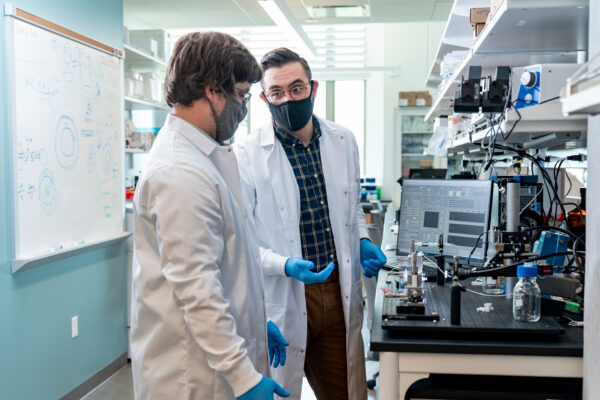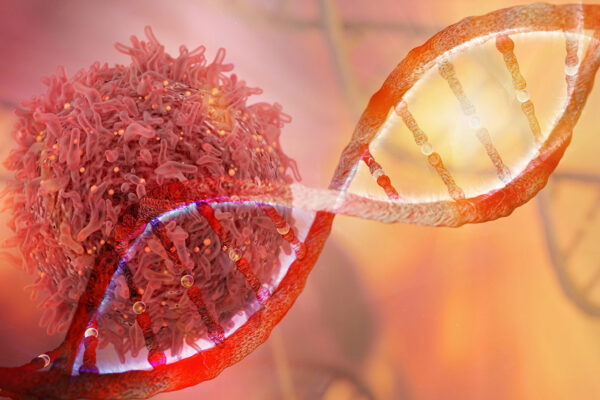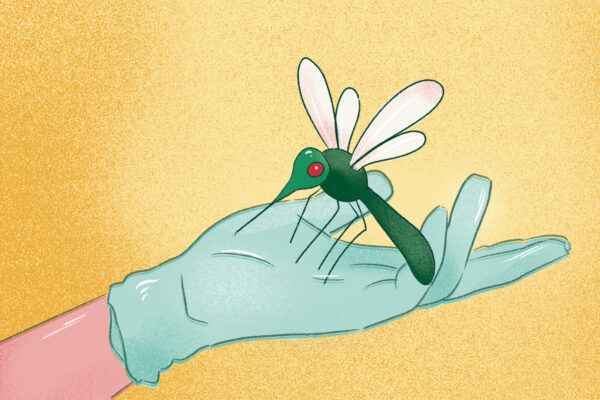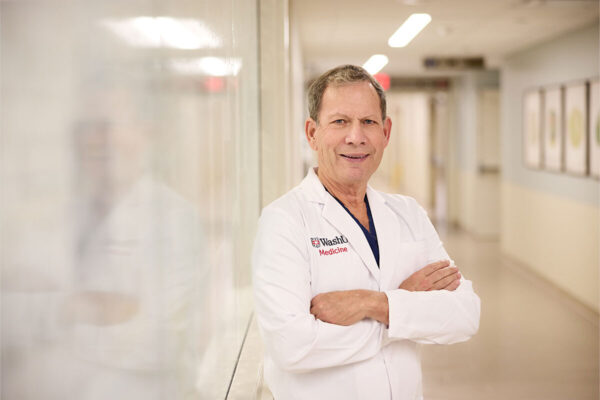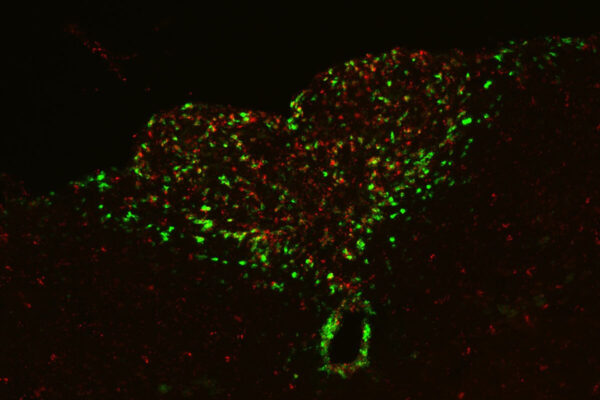Brad Warner, professor of pediatric surgery, 66
Brad Warner, MD, a beloved pediatric surgeon and researcher at Washington University School of Medicine who specialized in gastrointestinal surgery in children, died at his home Friday, April 4, 2025. He was 66.
Inactive components in agricultural runoff could contribute to drinking water hazards
A new study from researchers at Washington University reveals the impact of what may be precursors to harmful contaminants in drinking water, formed during water disinfection.
Pollina honored for innovations in neuroscience
Elizabeth Pollina, an assistant professor of developmental biology at WashU Medicine, has received the 2025 MIND Prize from the Pershing Square Foundation.
Bersi named 2025 Young Innovator by Biomedical Engineering Society
Matthew Bersi, a biomedical engineer at Washington University, has been named a 2025 Young Innovator in Cellular and Molecular Bioengineering by the Biomedical Engineering Society.
Study sheds light on how inherited cancer mutations drive tumor growth
A new study led by WashU Medicine researchers takes a deep dive into inherited genetic mutations. The findings have implications for determining an individual’s inherited cancer risk and informing potential new strategies for prevention, early detection and treatment.
Can social media be good for mental health?
Researchers at Washington University study the upside to staying social online.
Preparing for future pandemics
Two new grants support efforts at WashU Medicine to design vaccines, drugs for understudied virus families.
A compassionate leader unties the knots of health care
As a health-care executive, alumna KMarie King, MD, follows a set of principles: ‘Be kind, have integrity and the patient comes first.’
Alternative to hip replacement keeps aging athletes in the game
WashU Medicine surgeons led a long-term study that showed patients who received a hip resurfacing procedure maintained a higher level of athletic activity years after their surgery than those who received a total hip replacement.
Brain pathway links inflammation to loss of motivation, energy in advanced cancer
Researchers at WashU Medicine described, in mice, a brain pathway that connects the loss of motivation characteristic of advanced cancer to cancer-related inflammation and identified opportunities to block this pathway and restore motivation.
Older Stories



